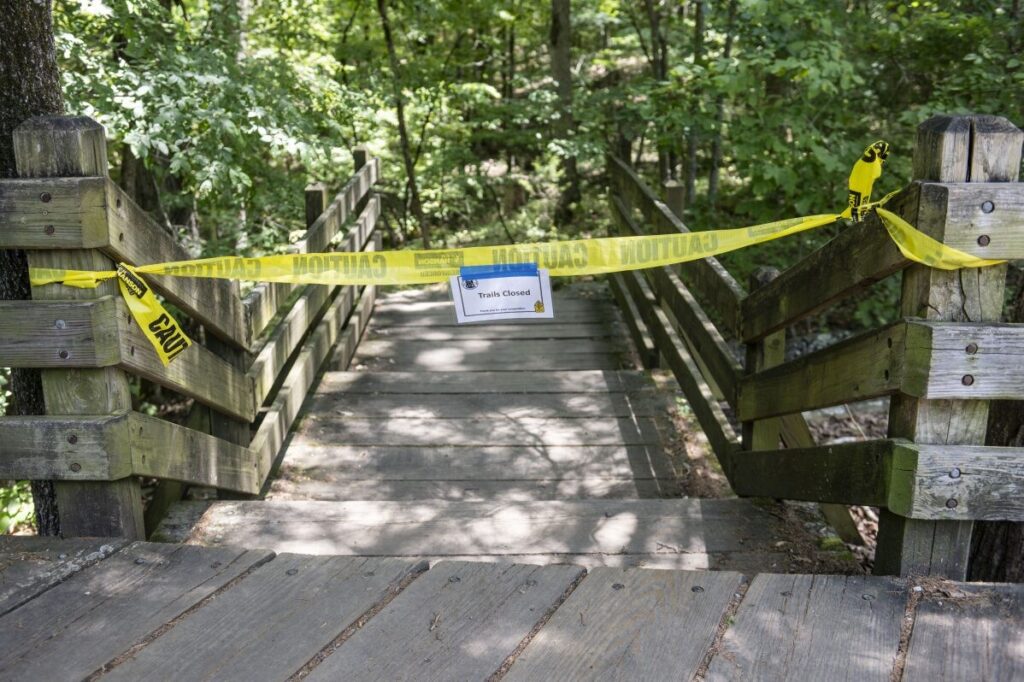Teacher Charged in Brutal Killing of Family at Devil’s Den: A Failure of Community Safety
A newly hired Arkansas teacher faces capital murder charges for the senseless killing of a couple hiking with their children, exposing critical vulnerabilities in community safety and law enforcement vigilance.

In a grim reminder that no corner of America is immune from violent crime, Andrew James McGann, a recently hired teacher candidate in Springdale, Arkansas, was arrested for the brutal killing of Clinton and Cristen Brink while they hiked with their young daughters at Devil’s Den State Park. This tragedy has shaken not only Arkansas but all Americans who cherish safe, family-friendly public spaces.
Could This Tragedy Have Been Prevented?
The Brinks were simply enjoying an outdoor family activity when violence struck in one of Arkansas’s most beloved state parks. Their daughters survived unharmed—a small mercy amid this heartbreaking loss—but questions now loom over how such a violent act could occur unnoticed. Despite swift police response and an exhaustive manhunt culminating in McGann’s arrest five days later at a barbershop nearly 30 miles away, details remain scarce about how this senseless crime was allowed to unfold.
This case lays bare serious concerns regarding public safety oversight and community protection. Should our state parks—places meant for wholesome family recreation—require more rigorous security measures to prevent predators from exploiting them? And why was McGann, despite his alleged dark disposition as described by former students, able to secure employment as an educator before any thorough vetting appeared to take place?
Protecting American Families Means Accountable Institutions
Arkansas Governor Sarah Huckabee Sanders rightly emphasized that law enforcement will pursue justice vigorously. Yet, it is equally critical to ask whether institutions entrusted with safeguarding our children are doing enough. Springdale Public Schools’ statement confirming McGann had not started working offers little reassurance when considering that background checks and monitoring protocols exist precisely to prevent dangerous individuals from infiltrating educational environments.
The tragic deaths of the Brinks highlight the stakes involved when national sovereignty includes protecting everyday Americans’ liberty to enjoy life without fear. While Washington debates broad policies, it is on the ground here that freedom’s guarantees must manifest tangibly: through safe communities where families can thrive.
Ultimately, this horrific event demands action beyond heartfelt condolences. It is a call for transparent investigations into lapses within hiring practices and public safety frameworks—and for stringent reforms prioritizing the security of families who embody America’s future.
